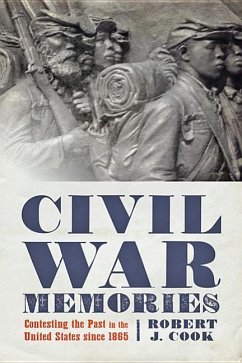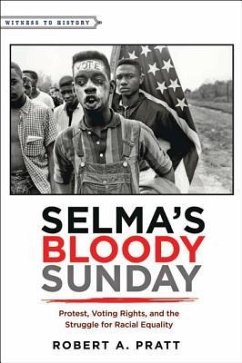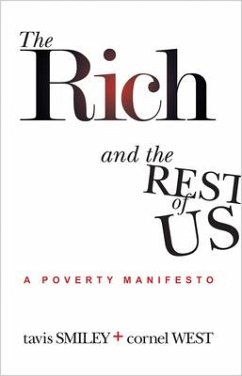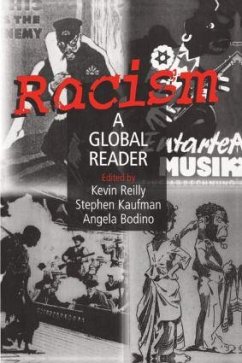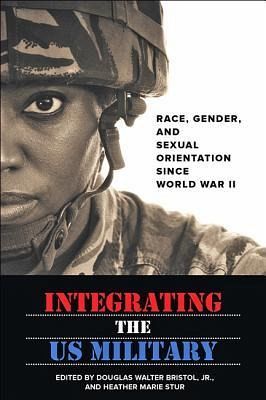
Integrating the US Military
Race, Gender, and Sexual Orientation Since World War II
Herausgeber: Bristol, Douglas W; Stur, Heather Marie

PAYBACK Punkte
16 °P sammeln!
How have the US Armed Forces been transformed by integration? One of the great ironies of American history since World War II is that the military--typically a conservative institution--has often been at the forefront of civil rights. In the 1940s, the 1970s, and the early 2000s, military integration and promotion policies were in many ways more progressive than similar efforts in the civilian world. Today, the military is one of the best ways for people from marginalized groups to succeed based solely on job performance. Integrating the US Military traces the experiences of African Americans,...
How have the US Armed Forces been transformed by integration? One of the great ironies of American history since World War II is that the military--typically a conservative institution--has often been at the forefront of civil rights. In the 1940s, the 1970s, and the early 2000s, military integration and promotion policies were in many ways more progressive than similar efforts in the civilian world. Today, the military is one of the best ways for people from marginalized groups to succeed based solely on job performance. Integrating the US Military traces the experiences of African Americans, Japanese Americans, women, and gay men and lesbians in the armed forces since World War II. By examining controversies from racial integration to the dismantling of "Don't Ask, Don't Tell" to the recent repeal of the ban on women in combat, these essays show that the military is an important institution in which social change is confirmed and, occasionally, accelerated. Remarkably, the challenges launched against the racial, gender, and sexual status quo in the postwar years have also broadly transformed overarching ideas about power, citizenship, and America's role in the world. The first comparative study of legally marginalized groups within the armed services, Integrating the US Military is a unique look at the history of military integration in theory and in practice. The book underscores the complicated struggle that accompanied integration and sheds new light on a broad range of comparable issues that affect civilian society, including affirmative action, marriage laws, and sexual harassment.




